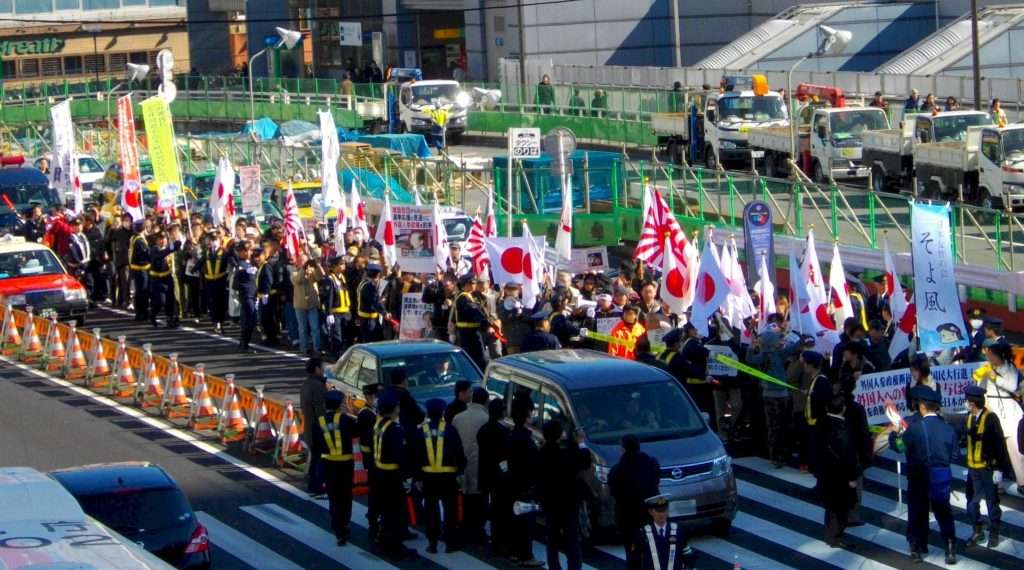Japan sees populist shift in historic election shake-up

Japan’s ruling coalition, led by the long-dominant Liberal Democratic Party (LDP), has lost its majority in the recent upper house election on July 20th, with populist parties surging in the polls, as reported by US public broadcaster PBS on July 21st.
This marks the first time in the 70-year history of the LDP for it to lead a government that does not have a majority in either house of Japan’s National Diet, its parliament. Meanwhile, a LDP-led government has only lost a simple majority in Japan’s upper house, or the House of Councillors, three other times: in 1989, 1998, and 2007. Around 103 million were registered to vote in Japan’s election, with a turnout of 58%, which is higher than in the previous election.
The conservative coalition of the LDP and its junior partner, Komeito, won only 47 seats, narrowly falling short of the required 50 new seats to maintain control of the chamber. Though a loss of a majority in the Upper House does not immediately lead to a change of government, this makes it much harder for the government to pass legislation. This is even more so given the LDP’s loss of its governing majority in the more powerful Japanese lower house in 2024.
Voters cast more of their ballots to non-established parties such as the moderate Democratic Party for the People (DPP) and the left-wing Seiwa, rather than the members of the LDP coalition, the liberal Constitutional Democratic Party (CDP), and the Japanese Communist Party.
Far-right populist parties, such as Sanseito and the new Conservative Party of Japan, surged in the polls, receiving swings of 9.22% and 5.04% of the national vote, respectively. Both parties have a combined 17.6% of all total votes compared to the LDP’s diminished 21.65%.
Sanseito ran on a “Japanese First” platform and strongly opposes immigration and the acceptance of feminism and LGBTQ+ identities.
The leader of Sanseito told public broadcaster NHK on election night that he is open to cooperating with the ruling coalition on more conservative policies. He expressed content over his party’s unexpected success but said he would wait to gain more seats in the next election for Japan’s lower house to form a multi-party coalition like in Europe. The party has enjoyed support across social media, encouraging the spread of xenophobia rhetoric whilst also attracting voters frustrated about an ailing economy. This alarming campaign rhetoric has triggered protests from human rights activists and troubled foreign residents.
Japanese Prime Minister Shigeru Ishiba of the ruling LDP had expected a tough battle ahead of the election defeat. Ishiba defied potential calls from his party’s ultraconservative wing to step down as prime minister at a post-election news conference at LDP headquarters on 21st July. He added that the LDP and Komeito have agreed to remain in coalition while seeking possible support from opposition parties. However, none of the opposition parties have expressed support to form an alliance with the governing coalition but more moderate parties, such as the CDP and the DPP, are open to cooperating on policy.
The opposition still remains too splintered to form a united coalition to topple the ruling bloc, with the upper house lacking the power to file a no-confidence motion, thereby relieving pressure from Ishiba’s fragile government.
Ishiba has stressed stability and returning to campaign promises such as wage hikes to combat rising prices, regional development and efforts to address Japan’s ageing population.
The prime minister also seeks to tackle the immediate challenge of the August 1st deadline for a tariff deal with the US, which could reverse an improving cost-of-living crisis. His chief tariff negotiator, Economic Minister Ryosei Akazawa, is heading to Washington for the eighth round of bilateral talks. Ishiba added that he aims to meet with US President Donald Trump as soon as possible and reach a mutually beneficial trade deal.
Other economies have been threatened by a string of US tariffs throughout the year, including the EU, Brazil, China, Mexico, South Korea and Canada.
PBS, Maghrebi.org
Want to chase the pulse of North Africa?
Subscribe to receive our FREE weekly PDF magazine












